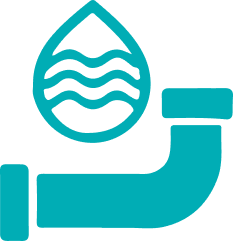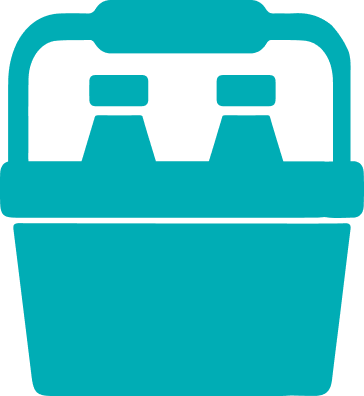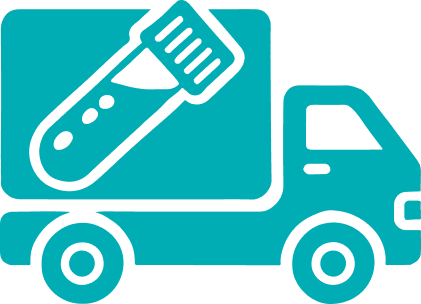Regulatory Compliance
Regulatory compliance is essential for organizations to meet legal and industry standards for water safety and environmental protection. Our environmental lab provides comprehensive testing and consulting services to help you stay compliant with federal, state, and local regulations. We ensure that your water systems and environmental practices align with the latest standards, safeguarding public health and protecting your business from legal or reputational risks.
"*" indicates required fields
Why Regulatory Compliance Matters?
Non-compliance with water quality regulations can result in significant penalties, operational disruptions, and harm to public health. Proactively testing and monitoring your water systems ensures:
Adherence to regulatory requirements.
Mitigation of potential health risks.
Prevention of costly legal issues and penalties.
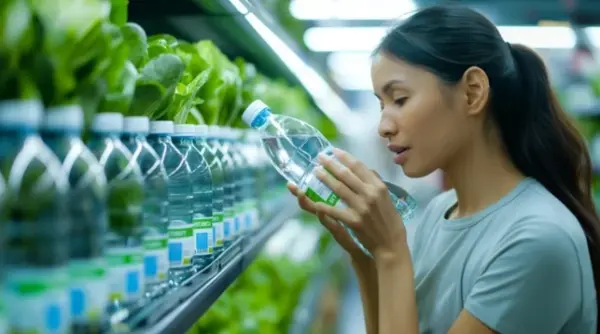
Key Regulations We Support
Our lab is equipped to help you comply with a variety of regulations, including:

Safe Drinking Water Act (SDWA):
Ensuring public drinking water systems meet EPA standards.

Clean Water Act (CWA):
Monitoring wastewater discharge and stormwater runoff.

EPA Guidelines:
Testing for contaminants such as lead, arsenic, and nitrates.

ASHRAE Standards (e.g., Standard 188):
Managing risks associated with Legionella in water systems.

State and Local Requirements:
Including NY ELAP and NJ regulations for drinking water, wastewater, and industrial effluents.
Industries We Serve
Not Sure If You Need Testing? Contact Us for Guidance
Don’t wait for issues to arise—regular testing can prevent costly problems and health risks.
We support a wide range of industries in achieving regulatory compliance:
Healthcare Facilities: Hospitals, clinics, and nursing homes.
Municipal Water Providers: Public water systems and treatment facilities.
Real Estate and Property Management: Ensuring safe water for tenants and residents.
Industrial Sites: Factories and plants handling wastewater and effluents.
Hospitality and Recreation: Hotels, resorts, and facilities with pools and spas.
Our Services

Comprehensive Water Testing
- Drinking water analysis for contaminants (e.g., lead, metals, VOCs, SVOCs).
- Wastewater and stormwater testing for compliance with discharge permits.

Consultation and Risk Assessment
- Tailored advice to address specific regulatory concerns.
- Identification of potential compliance gaps.

Reporting and Documentation
- Detailed, regulatory-compliant reports.
- Clear, actionable recommendations for remediation.

Ongoing Monitoring
- Periodic testing schedules to maintain continuous compliance.
- Support for audits and inspections.
Our Testing Process is Simple and Efficient
01.
Contact Us
Reach out to schedule your test at a convenient time for you.
02.
Choose Your Option
Some parameters, like pH and chlorine, conductivity, turbidity, can be tested momentarily with
Read More
Read More
Read Less
03.
Sample Collection
We can visit your location to collect water samples, ensuring proper techniques are followed for
Read More
Read More
Read Less
04.
Receive Your Results
Get detailed, actionable insights from our reliable reports, helping you address any water quality concerns effectively
Why Choose PITS Environmental?

Accredited Expertise
Our lab meets stringent standards, ensuring accuracy and reliability.

Advanced Technology
We utilize state-of-the-art instruments for precise analysis.

Tailored Solutions
Testing services customized to your specific agricultural needs.

Fast Turnaround
Timely results to help you make critical decisions without delay.
Stay Ahead of Compliance Challenges
Regulations are constantly evolving, and our team stays updated to ensure your organization is always one step ahead. Whether you need routine testing, emergency support, or compliance audits, we are here to help you navigate the complexities of regulatory requirements with confidence.
Expert Insights on Testing Methods
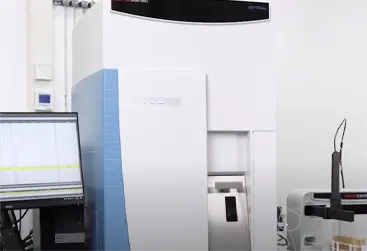
ICP-MS (Inductively Coupled Plasma Mass Spectrometry) for detecting trace metals with precision.
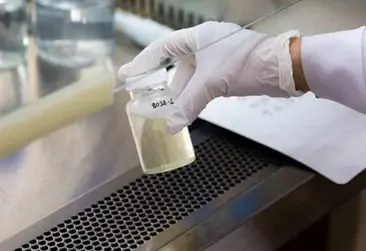
Microbiological Testing for identifying pathogens like E. coli and Legionella.
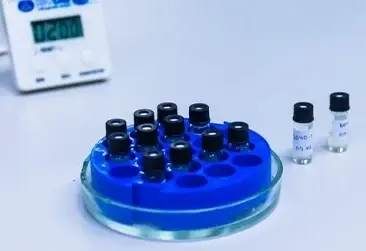
Ion Chromatography for measuring ions like nitrates and sulfates.
Reliable Water and Air Quality Testing Services
Protect your environment with our specialized water and air quality testing solutions, offering comprehensive analysis to detect contaminants, convenient sample collection, and on-site testing for immediate results. Contact us today to schedule a consultation or on-site visit and take the first step toward a healthier, safer environment!
Frequently Asked Questions
What does regulatory compliance for water mean?
Regulatory compliance for water involves adhering to local, state, and federal guidelines to ensure that water quality meets safety standards for drinking, industrial, or environmental use. This includes testing for contaminants like metals, bacteria, chemicals, and pollutants.
What regulations govern water quality testing in the U.S.?
Key regulations include:
- Safe Drinking Water Act (SDWA): Ensures public drinking water safety.
- Clean Water Act (CWA): Regulates discharges into water bodies to protect ecosystems.
- National Pollutant Discharge Elimination System (NPDES): Controls wastewater discharge.
- NELAC/NELAP Standards: Ensure accurate laboratory testing for water quality.
What contaminants are commonly tested for compliance?
Typical tests include:
- Physical properties: pH, turbidity, color.
- Chemical contaminants: Lead, arsenic, mercury, nitrates, VOCs, and pesticides.
- Biological contaminants: Bacteria (e.g., E. coli, Legionella), viruses, and protozoa.
- Radiological contaminants: Radium, uranium.
How often should water be tested for compliance?
Testing frequency depends on the type of water system and applicable regulations. For example:
- Public water systems typically test monthly to annually.
- Private wells should be tested annually or after significant weather events.
- Industrial dischargers may require frequent testing based on their permits.
What happens if my water fails to meet regulatory standards?
If water quality fails, actions may include:
- Identifying and addressing the source of contamination.
- Implementing treatment systems like filtration or chemical disinfection.
- Retesting to confirm compliance.
- Reporting to regulatory authorities if required.
How do I ensure my facility stays compliant?
Key steps include:
- Conducting regular water testing by an accredited laboratory.
- Keeping detailed records of test results and corrective actions.
- Staying informed about updates to water regulations.
- Working with qualified consultants for risk assessments and compliance planning.
What certifications should I look for in a testing laboratory?
Choose laboratories accredited under standards like:
- NELAP (National Environmental Laboratory Accreditation Program).
- ISO/IEC 17025: Demonstrates technical competence.
- State-specific certifications for water quality testing.
How can I get started with water testing for compliance?
You can start by:
- Identifying the specific regulations applicable to your industry or location.
- Contacting a certified laboratory to develop a testing plan tailored to your needs.
- Scheduling regular water quality tests and maintaining compliance documentation.
Request a Test or Consultation
Your Environment, Our Priority – Fill out the form below, and our team will get back to you as soon as possible.
"*" indicates required fields

